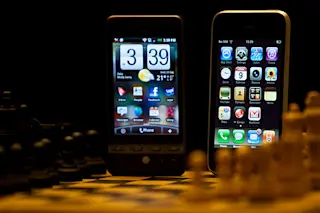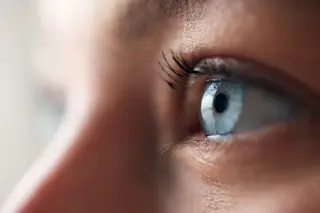Image:Flickr/nrkbetaGiven all the money spent on advertising, it’s no wonder there are stereotypes about iPhone and Android users. But are these real? Is there anything you can predict about me just from knowing whether I use an iPhone or Android (and vice versa – can you predict my phone choice from my personality)? Well, according to these researchers, there really are population differences between iPhone and Android users: if I told them I used an iPhone, they would guess that I’m younger, female, and “increasingly concerned about [my] smartphone being viewed as a status object.” Little do they know that my phone is 4 years old and has had a smashed screen for months. Ha!Predicting Smartphone Operating System from Personality and Individual Differences. “Android and iPhone devices account for over 90 percent of all smartphones sold worldwide. Despite being very similar in functionality, current discourse and marketing campaigns suggest that ...
Flashback Friday: Android vs. iPhone: what your phone choice says about you
Discover key differences in personality between iPhone and Android users, revealing insights into smartphone ownership predictions.
More on Discover
Stay Curious
SubscribeTo The Magazine
Save up to 40% off the cover price when you subscribe to Discover magazine.
Subscribe













